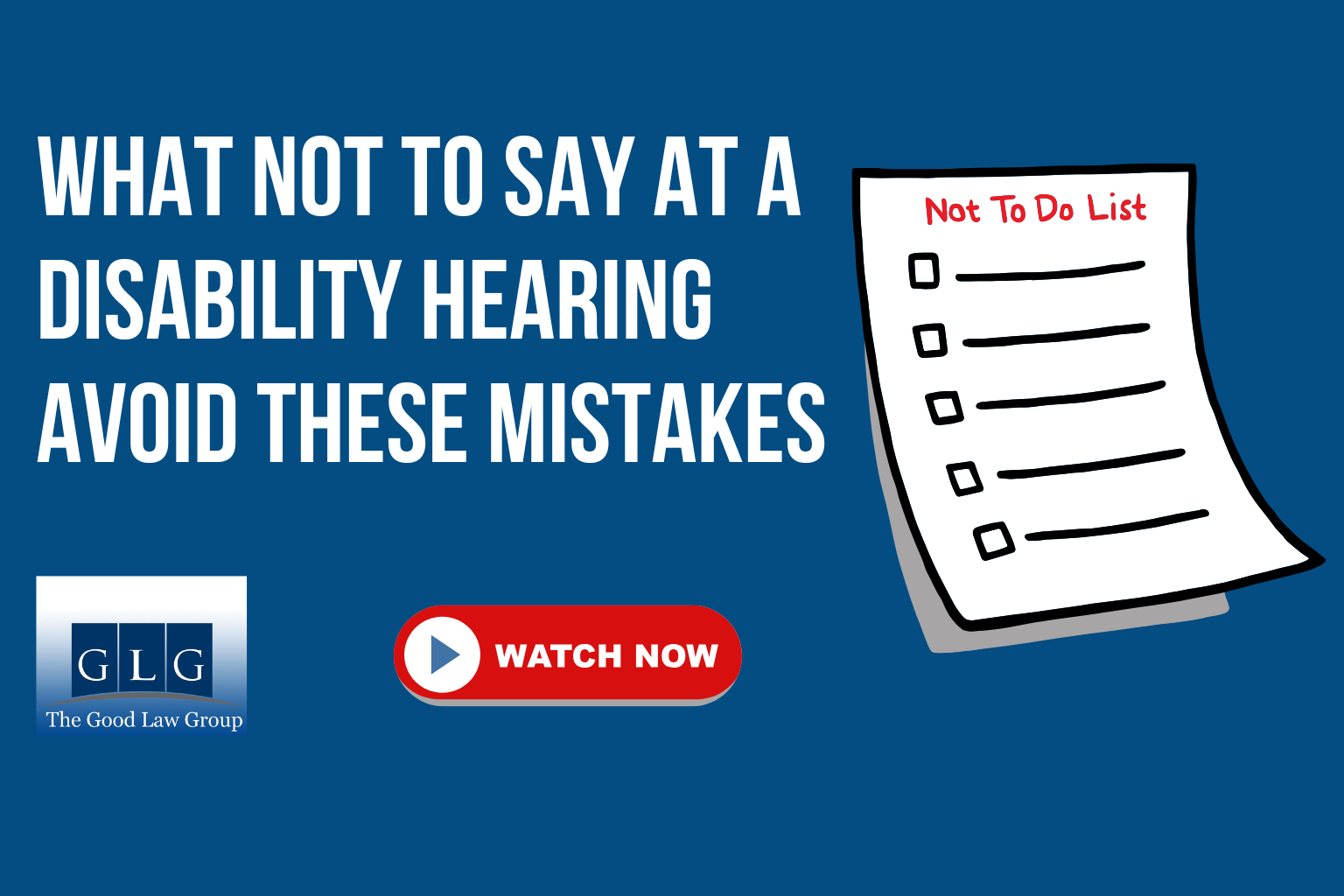Today, we will talk about a few trick questions that I’ve seen administrative law judges ask claimants seeking Social Security Disability benefits. Remember that during Social Security hearings, the claimants or people applying or appealing their case for benefits are typically having long conversations with their attorney and the administrative law judge. The judge’s job is to determine if you can work or do your past work in some cases and find out if there is alternative work you can do based on your limitations.
One of the trickiest questions I’ve seen an administrative law judge ask was “Imagine if I gave you the Mega millions lottery jackpot every year if you went to work as a telemarketer.” The client said she could try to do the job, but she wasn’t sure she’d be able to consistently perform. This is a tricky question because the judge is offering you a lot of money, and normally you wouldn’t be able to get that job, so you’d probably want to try it. The question is tricky because when applying for Social Security disability, you’re telling the government you can’t work. By responding, yes, you’re giving a conflicting answer that you can work. What’s the judge going to do if he’s throwing jobs at you and you’re saying, yeah, I’ll try those because the money is so good? The problem is you’re trying to prove that you’re unable to do any work or can’t do your past work, depending on your age. So these questions about doing other jobs are very tricky, and you should never forget that this is about the inability to work.
Another tricky question administrative law judges ask that is more common is, “Do you take care of pets and other people?” Again, Social Security is trying to determine if there are jobs you can do. If you say, “yes, I take care of my grandmother, I take care of these children, I take care of these pets,” and you don’t explain what that means in your answer, they can treat that as if you’re going very far. If you care for other people, this means you will bathe them, clothe them, and pay for their rent. When you answer questions, you need to be specific; if you aren’t, they could be used against you.
To learn more about the trick questions that judges ask, watch our short video.
Hopefully, this clears things up for you and helps you better prepare for the kinds of trick questions that a judge may throw at you. If you have any questions about this topic or about Social Security cases in general, please reach out to us. We’re happy to be a resource for you.









